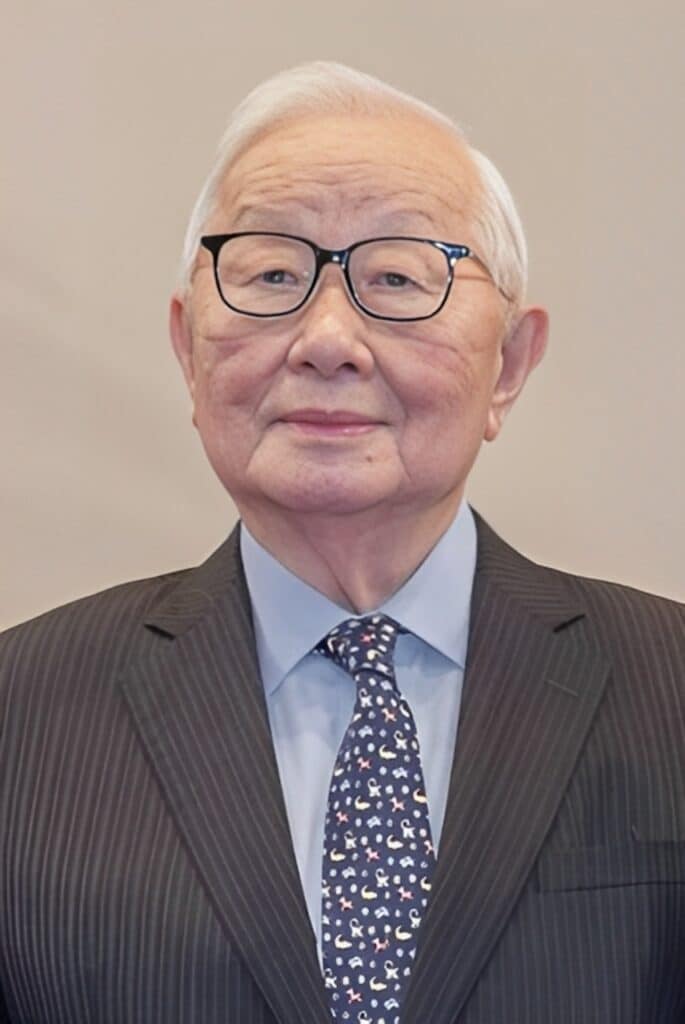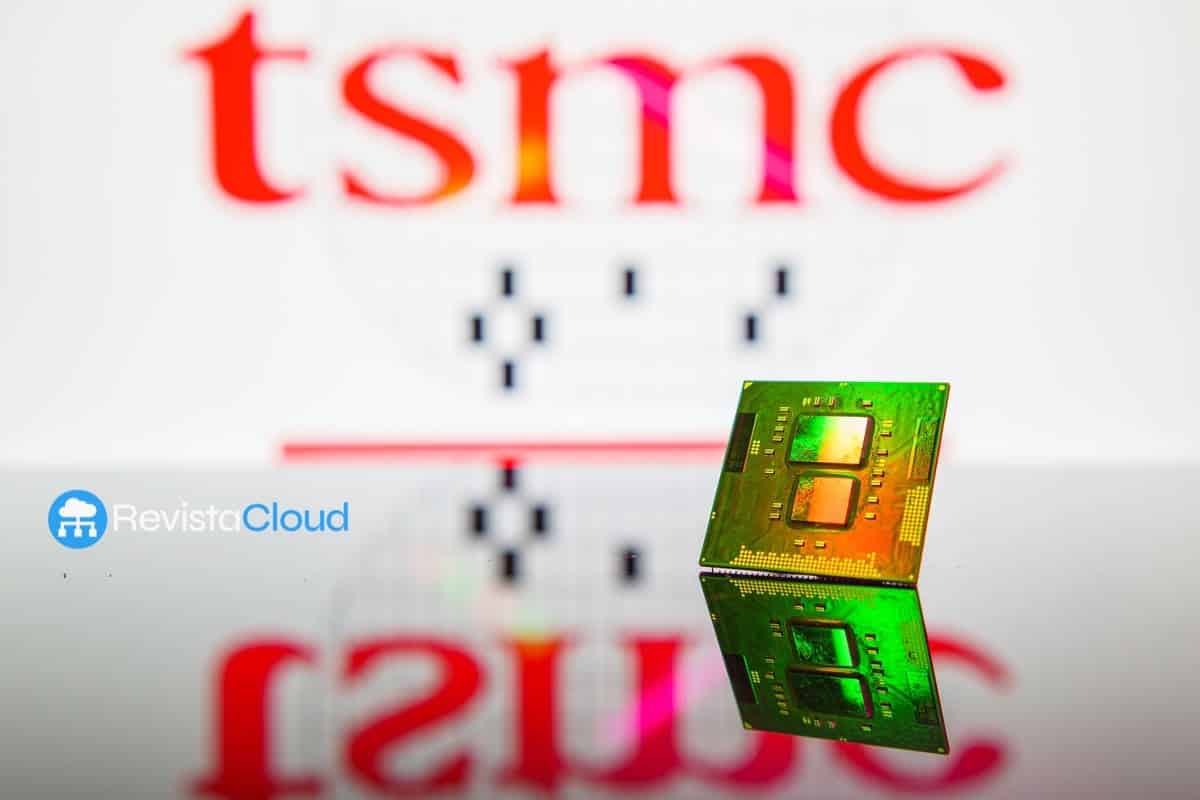Morris Chang, founder of Taiwan Semiconductor Manufacturing Company (TSMC), is one of the most influential figures in the semiconductor industry. Born in 1931 in Ningbo, China, and educated in the United States, Chang has earned the title of “father of modern semiconductors.” His vision and leadership transformed not only TSMC into the world’s largest contract semiconductor manufacturing company but also contributed to Taiwan’s economic development and revolutionized the global technology industry.

From China to the United States: The Making of a Visionary
Chang emigrated to the United States in 1949, during a time of political instability in China due to the Civil War. He enrolled at Harvard University but soon transferred to the Massachusetts Institute of Technology (MIT), where he earned his Bachelor’s degree in Mechanical Engineering. He then completed his Master’s degree and PhD at Stanford University, specializing in semiconductors, a technology that was emerging at that time.
His semiconductor career began in 1958, when he was hired by Texas Instruments (TI). Chang became a key figure at the company, helping TI to enhance its semiconductor manufacturing capabilities. However, despite his success at TI, Chang saw limitations in the structure and organization of the industry at that time. After almost 25 years at TI, Chang decided to accept an invitation from the Taiwanese government to lead the Industrial Technology Research Institute (ITRI), with the aim of promoting the development of the semiconductor industry in Taiwan.
The Birth of TSMC: A New Era in Semiconductor Manufacturing
In 1987, with the support of the Taiwanese government and an initial investment of $100 million, Chang founded TSMC, the world’s first company dedicated exclusively to contract semiconductor manufacturing. This decision marked a radical shift in the industry, as until then, most chip manufacturers designed and manufactured their own products.
Chang introduced the concept of the pure-play foundry, wherein TSMC would focus solely on manufacturing chips for other companies without competing in design. This strategy allowed emerging companies such as AMD, NVIDIA, and Apple to focus on chip design while relying on TSMC for manufacturing their products. By avoiding direct competition with its customers, TSMC became a trusted partner, earning the loyalty of some of the world’s most influential tech companies.
Leadership and Strategic Vision
Chang was a visionary leader who adopted a strategy centered on continuous investment in advanced technology. Under his leadership, TSMC became one of the first companies to adopt new manufacturing technologies such as extreme ultraviolet (EUV) lithography, allowing it to produce chips with increasingly smaller and more efficient nodes. This technological capability became a key competitive advantage, positioning TSMC as a leader in advanced semiconductor manufacturing.
Chang’s commitment to innovation also included a strong dedication to research and development (R&D). From its earliest years, TSMC has invested billions of dollars in creating facilities and research centers around the world. This has enabled the company to stay at the forefront of technological advancements and compete against rivals such as Samsung and GlobalFoundries.
Impact on Taiwan’s Economy and the Global Industry
TSMC has been an economic engine for Taiwan, driving the creation of highly skilled jobs and generating a robust semiconductor industry in the country. Thanks to Chang’s vision, Taiwan has become one of the world’s most important technology production centers, representing approximately 60% of global semiconductor manufacturing. TSMC is also responsible for 90% of the most advanced chips, used in products like smartphones, computers, and artificial intelligence systems.
TSMC’s position as a leader in next-generation chip manufacturing has not only strengthened Taiwan’s economy but has also had geopolitical ramifications. Today, the supply of semiconductors is considered a strategic issue by various nations, and TSMC’s influence in the global supply chain is undeniable. TSMC’s advanced manufacturing capabilities have created dependency from major tech companies and countries, highlighting the importance of Taiwan in the global economy and making TSMC a key player in technological diplomacy.
Morris Chang’s Retirement and Legacy
Chang retired as CEO of TSMC in 2005, although he continued as chairman of the board until his final retirement in 2018. Throughout his career, Chang was noted for his focus on business ethics, transparency, and commitment to excellence. These values are reflected in TSMC’s culture, which continues to maintain its reputation as one of the most reliable and advanced chip manufacturers in the world.
At over 90 years old, Chang is remembered as a pioneer in the semiconductor industry and one of the most influential entrepreneurs in Asia. His legacy endures not only in TSMC but also in the foundry business model he created, which other companies have tried to replicate without the same success. Thanks to his vision, TSMC continues to lead in advanced semiconductor manufacturing, and the pure-play foundry model continues to drive innovation in chip design.
A Leader Who Changed the Future of Technology
The story of Morris Chang is one of innovation, perseverance, and strategic vision. In a world where technology is essential for economic and social development, Chang laid the foundation for an industry that has revolutionized sectors such as mobile devices, artificial intelligence, and automotive. His ability to anticipate market needs and his commitment to a radically different business model have left a deep imprint on the semiconductor industry and have transformed Taiwan into a global technology epicenter.
Chang not only built a successful company but also established a standard of excellence in the industry. His focus on innovation and his business model have allowed TSMC to adapt to an ever-evolving market, maintaining its leadership in the face of technological and geopolitical challenges. His legacy continues to inspire future generations of engineers, entrepreneurs, and technology leaders around the world.

